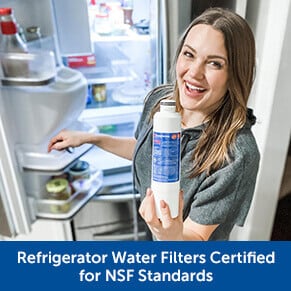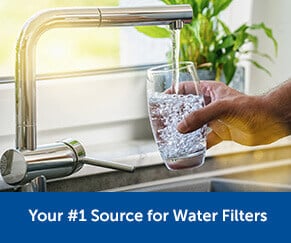 Why does bottled water have an expiration date? This is a question we see asked all the time. Many resources state that the Food and Drug Administration (FDA) require any food or consumable product to have an expiration date, but this is not true in the case of bottled water. It turns out, the FDA does not require an expiration date for bottled water.
Why does bottled water have an expiration date? This is a question we see asked all the time. Many resources state that the Food and Drug Administration (FDA) require any food or consumable product to have an expiration date, but this is not true in the case of bottled water. It turns out, the FDA does not require an expiration date for bottled water.
But just because the FDA doesn’t require bottled water to have an expiration date, that doesn’t mean you should pop open that 1996 FIJI you’ve been saving for a special occasion. Such long-term storage, the FDA states, can lead to undesirable tastes and odors in the water. Given this, it’s not uncommon to see most bottled waters have a best by or a use by date.
Expired bottled water isn’t going to get any better with age. If you leave that bottle of water on the shelf for too long, you may end up with more than off-tastes or off-flavors to be concerned with. This is because most bottled water manufacturers use a high-density polyethylene plastic (HDPE), which is slightly porous. The bottle’s porousness can allow airborne contaminants to enter the water, just as some chemicals from the plastic itself can leach into the bottle. Thankfully, most bottled water companies are no longer using plastic with Bisphenol A, but the jury is still out on the other dangers of chemicals leaching from HDPE.














Leave a Reply